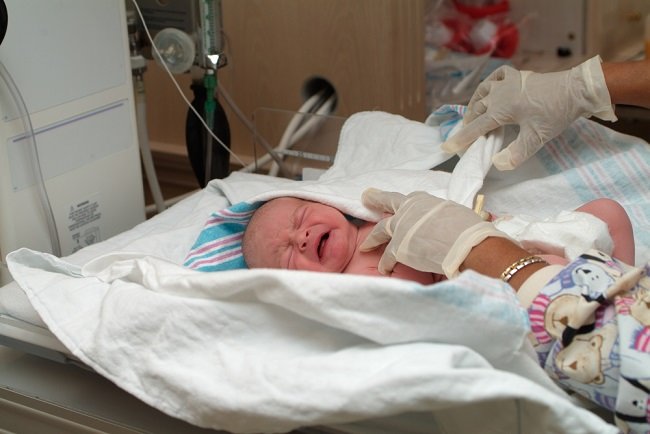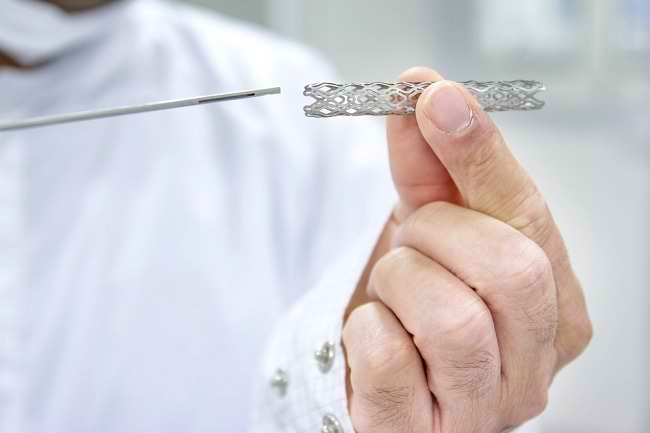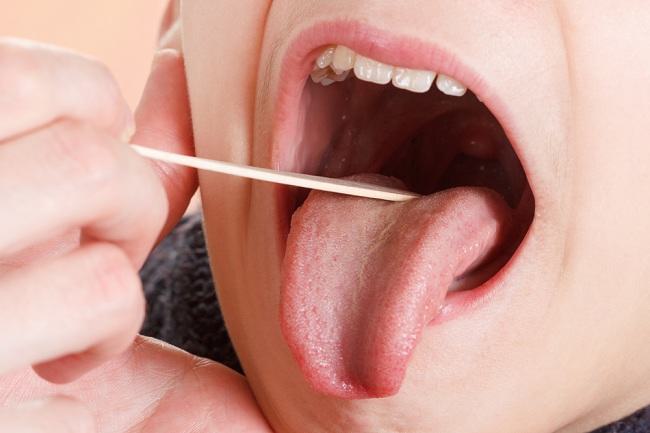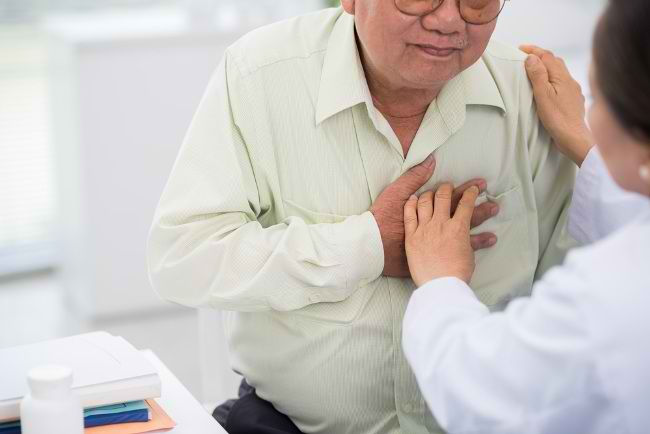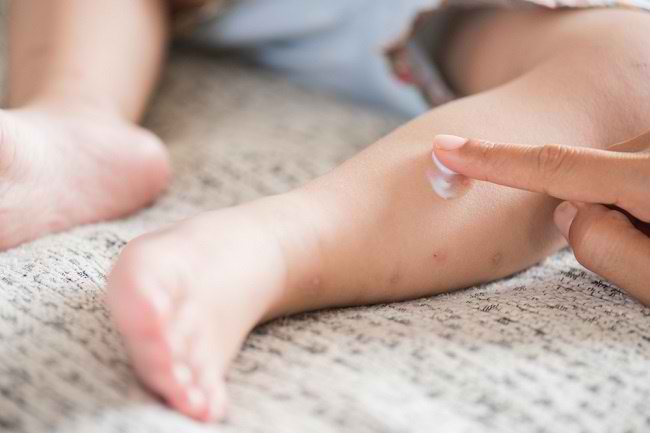In the midst of the Corona virus outbreak, some people may have heard of the emergence of a virus called hantavirus. In order not to panic even more, let's identify what hantavirus is and what symptoms can appear due to infection with the virus.
The COVID-19 pandemic is not over yet. In the midst of this outbreak, several media had reported about the emergence of another virus called hantavirus. Unlike the Corona virus which can be transmitted between humans, hantavirus can only be transmitted from animals, namely rodents, especially mice.

The number of cases of hantavirus infection and Corona virus is also very different. A study shows that the number of cases of hantavirus infection only reaches about 200,000 cases every year, while the number of cases of Corona virus infection to date has far exceeded the number of cases of hantavirus infection.
Hantavirus and how it is spread
Hantaviruses are a group of viruses that can be found in the urine, saliva, and feces of rats or other rodents. Hantavirus is commonly found in rats located in forests, fields, and farms. In addition, hantavirus can also be found in mice that are in homes, barns, and warehouses.
Hantavirus only survives less than 1 week outside the host's body and can even survive only a few hours in direct sunlight.
A person can get a hantavirus infection in several ways, namely:
- Touching or direct contact with faeces, saliva, or urine from mice that have been infected with hantavirus
- Consuming food or drink that has been contaminated with hantavirus
- Breathing dirty air or dust that carries hantavirus
- Touching or using objects that have been exposed to the hantavirus
- Bitten by a hantavirus-infected rat
When infected with hantavirus, a person does not immediately experience symptoms. Usually, the symptoms of a new hantavirus infection will appear 2-4 weeks after a person is exposed to the hantavirus.
Symptoms and Diseases Due to Hantavirus Infection
A hantavirus infection can cause the following symptoms:
- Fever
- Shivering
- Muscle ache
- Headache
- Nausea and vomiting
- Hard to breathe
- Fast heart rate
- Digestive problems
If these symptoms are not treated immediately, a hantavirus infection can cause the sufferer to experience impaired function or more severe organ damage, namely:
Lung disorders
Hantavirus infection can attack the lungs and cause a disease called hantavirus pulmonary syndrome (HPS). This disease has flu-like symptoms, but can worsen quickly and cause severe respiratory distress.
When this happens, people with HPS can experience swelling of the lungs, lack of oxygen, and a drastic drop in blood pressure.
Kidney damage
Hemorrhagic fever with renal syndrome (HFRS) is a disease that can also be caused by hantavirus. People who experience HFRS will experience symptoms of hantavirus infection and several other symptoms, namely red eyes, skin rashes, decreased blood pressure, and impaired kidney function or even kidney failure.
Steps for Handling and Prevention of Hantavirus Infection
Both HPS and HFRS are dangerous conditions. Therefore, people who are infected with hantavirus need to get immediate treatment from a doctor. If it has caused severe organ damage, people with hantavirus infection usually need to be treated in the intensive care room or ICU.
To overcome severe respiratory problems due to hantavirus infection in patients, the doctor will install a breathing apparatus (ventilator) on the patient, in addition to giving drugs and fluids through an IV.
Meanwhile, to treat HFRS, doctors can give drugs through infusion, oxygen, and dialysis to replace kidney function damaged by hantavirus infection.
In order not to be infected with hantavirus, you need to take preventive steps by avoiding contact with mice or the feces, urine, and saliva of mice. Apart from that, there are several other steps you can take to prevent hantavirus infection, including:
- Store food in tightly closed plastic containers
- Eat nutritious food to keep your immune system strong
- Wash hands with soap and water before and after eating
- Closing gaps or holes in the walls or doors of the house that have the potential to be a way for rats to enter
- Keeping the house and the environment clean, as well as regularly cutting grass and wild plants around the house
When you clean a house or a rat-infested area, use personal protective equipment, such as gloves, a mask, and goggles, to reduce your risk of exposure to urine, saliva, and rat droppings.
If you are bitten by a rat or come in contact with rat droppings, urine, or saliva, immediately see a doctor to make sure you are not infected with hantavirus or other diseases, such as leptospirosis.



